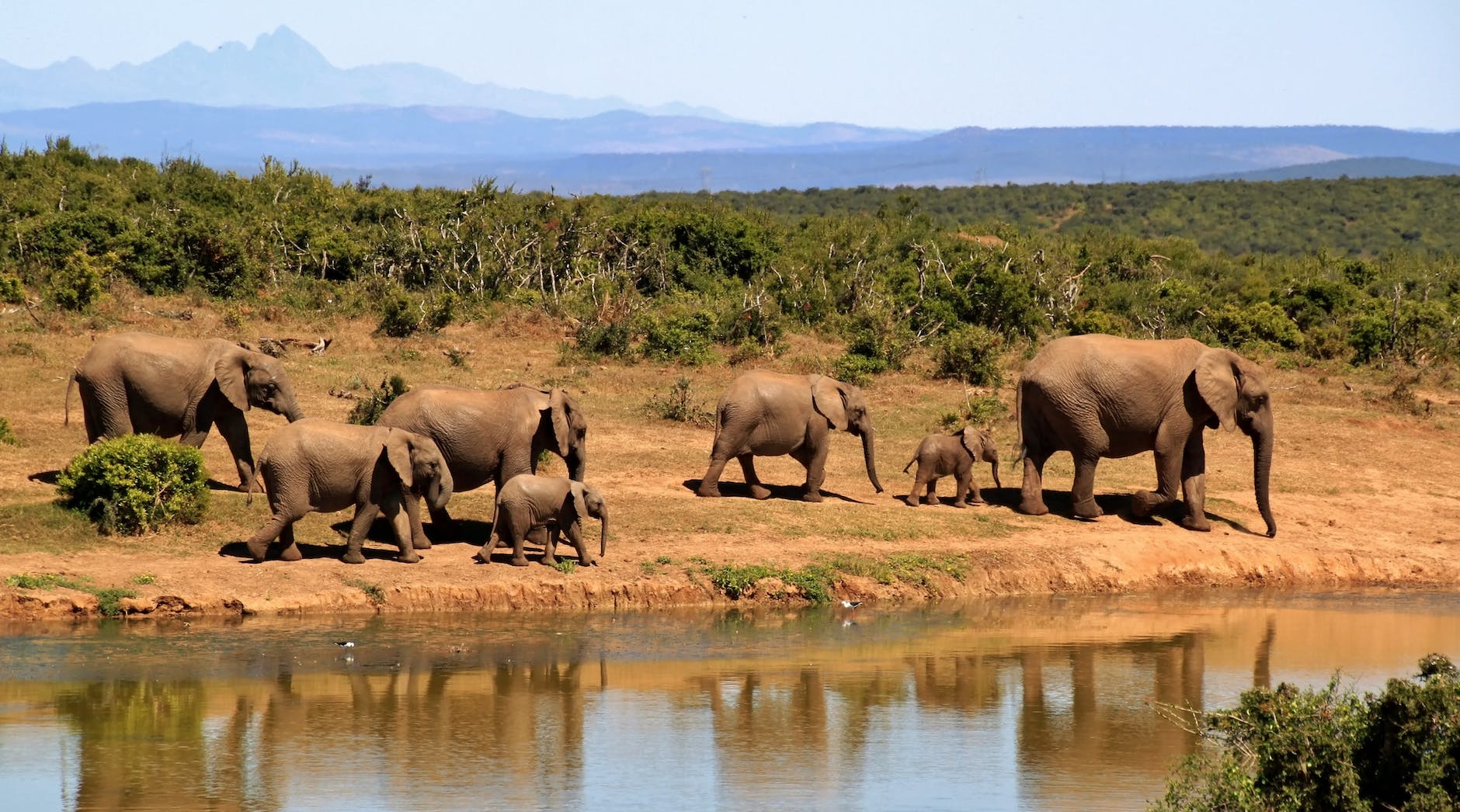You’ve caught the travel bug and you’re ready to take your next trip to the next level. Becoming an expert travel planner takes time and practice, but with some key tips and the right mindset, you’ll be planning memorable vacations like a pro in no time. The key is to start with the basics, learn as you go, and build up your skills over multiple trips. Even if your first self-planned trip isn’t perfect, don’t get discouraged — every destination and experience will make you a smarter traveler. By following these 10 essential steps, you’ll gain the knowledge and confidence to craft the perfect itinerary tailored to your interests and budget. Before you know it, friends and family will be asking you to plan their trips. So get ready to channel your inner travel agent and become an expert travel planner!
Research Your Destination
To become an expert travel planner, the first essential step is researching your destination. The more you know, the better prepared you’ll be.
- Look into the location, transportation options, and accommodation choices. Check travel timetables and routes to map out how you’ll get around. Read reviews from other tourists about hotels, motels or hostels in different areas of the city or country.
- Study up on the culture, customs, laws, and social norms of the place you want to visit. You don’t want to offend anyone or get into trouble because you didn’t know the rules. Learn some basic phrases in the local language, like “please,” “thank you,” and “excuse me.”
- Explore the top highlights, landmarks, attractions, and points of interest. See what kinds of tours or activities are offered. Make a list of must-sees so you can plan your itinerary efficiently. Don’t forget to leave room for discovering some hidden gems on your own too!
- Check if you need any permits, passes or reservations for places you want to go. Some attractions may require booking tickets in advance. It’s best to order them before your trip to avoid disappointment.
- Stay up to date with the latest news and travel warnings or advisories. Be aware of any areas to avoid due to health, safety, security or environmental concerns. Your safety is the top priority.
With in-depth research of where you’re going, you’ll feel well-informed and ready for an amazing getaway. The key is starting early and devoting enough time to learn all you need to know to become an expert travel planner. The effort will pay off, allowing you to make the most of your destination!
Set a Realistic Budget
To become an expert travel planner, the most important first step is setting a realistic budget. After all, you can’t book any trips if you don’t know how much you can afford to spend!
Sit down and look at your income and expenses to determine how much discretionary money you have for travel each month. Be honest with yourself here – don’t overestimate or you’ll end up disappointed later. Maybe start with $50-$100/month and increase from there as you’re able.
Once you have a number, start researching destinations and costs. Look at airfare, hotels, food, and activities at different times of the year. See what’s feasible for your budget. You may need to be flexible with dates or choose more budget-friendly locations.
Here are some other tips to keep costs low:
•Travel during the off-season or shoulder season. Prices are often much lower.
•Be open to alternative lodging like hostels, vacation rentals or couchsurfing.
•Eat at casual local restaurants or shop for groceries instead of pricey tourist spots.
•Walk, bike or use public transit to avoid rental car and parking fees.
•Take advantage of free museum days, tours and entertainment options.
•Consider budget airlines and look for deals on sites like Kayak, Momondo and Google Flights.
The key to becoming an expert travel planner on a budget is doing your research, being flexible, and getting creative to find ways to save money. With some time and practice, you’ll be planning amazing yet affordable getaways in no time!
Book Your Accommodations in Advance
Booking your accommodations in advance is essential to becoming an expert travel planner. Waiting until the last minute often means higher prices and less availability.
Do your research
Start searching online for hotels, motels, B&Bs, hostels or wherever you want to stay at your destination. Check sites like Booking.com, Hotels.com or the property’s official website for photos, reviews, amenities and pricing. See what’s available for your dates of travel to determine the best area and budget for you.
Make a shortlist
Narrow down your options to 3-5 places that meet your needs and budget. Compare them side by side to determine pros and cons of each to make your final selection.
- Location – Consider how close it is to attractions you want to visit, public transit, dining, etc.
- Amenities – Think about must-haves like Wi-Fi, parking, breakfast, pool, gym, etc.
- Price – While budget is important, don’t sacrifice too much for the cheapest option. Find good value.
Book in advance
For the best rates and availability, book at least 4 to 6 weeks before your trip, if not earlier. Booking too far in advance, however, may mean less flexibility in case your plans change.
Consider package deals
If you’re booking a flight, it often saves money to bundle it with your hotel. Some travel sites offer additional discounts when you book a “package” or “bundle.” Compare rates with booking separately to see which offers the best overall value.
Allow time for changes
Unforeseen circumstances like flight delays or cancelations can disrupt your accommodations. Leave some buffer time in case you need to make changes to your reservation en route or once you arrive. And have a backup plan in case your first choice falls through.
With some advance planning and research, you’ll be well on your way to booking accommodations for your next trip like an expert travel planner. The key is to start early, be thorough yet open-minded in your search, and have reasonable expectations in case small hiccups happen along the way. Safe and happy travels!
Don’t Forget Travel Insurance
One of the most important steps in planning any trip is purchasing travel insurance. You never know what might happen while you’re away from home, and insurance gives you peace of mind that you’ll be covered financially in case of emergencies or unforeseen events.
Compare policies and providers
Shop around at different insurance providers to compare plans and find the best value based on your needs. Look at factors like coverage amounts, deductibles, and exclusions. Some of the top travel insurance companies are Allianz, AIG Travel Guard, and TravelSafe. You can buy insurance from a traditional provider or through many travel booking sites and tour companies.
Determine the coverage you need
The level of coverage depends on the details of your trip. For a simple domestic flight, you may only need basic coverage for trip cancelation or interruption. If you’re taking an expensive international tour, you’ll want a more comprehensive plan that includes emergency medical coverage, baggage loss or delay, and repatriation of remains. Think about your destination, length of trip, and activities planned.
Don’t wait to buy
Purchase your travel insurance as soon as possible after booking your trip. Most policies require you to buy coverage within a certain number of days of your initial trip deposit. The sooner you buy, the more choices you’ll have to customize a policy to your needs. Waiting too long could mean higher premiums or not being able to get coverage for pre-existing medical conditions.
Check policy details carefully
Read through your entire policy to understand exactly what is and isn’t covered. Pay attention to exclusions, restrictions, and limits of liability. Make sure you understand deductibles, coverage amounts, and the claims process. Save a copy of your policy electronically and print a hard copy to take with you on your trip in case you need to file a claim.
Travel insurance gives you security and peace of mind for your trip. Do your research, determine how much coverage you need, buy a policy as early as possible, and understand all details of what it covers. With the right planning, you can travel confidently knowing you have protection from financial losses due to events outside of your control.
Organize Documents and Itineraries
To expertly organize your travel documents and itineraries, follow these essential steps:
Create digital and physical folders
Set up designated digital and physical folders for your trip to keep everything in one place. Have one main folder for the trip, then subdivide into:
- Itineraries: Include confirmation emails for flights, hotels, tours, etc. Print copies as backups.
- Tickets: Have digital and printed copies of tickets or vouchers needed for attractions you pre-booked.
- Reservations: Keep records of any dining or activity reservations.
- Maps: Download maps of places you’ll be visiting to reference on the go.
Build a master itinerary
Develop a master list of your flights, hotel stays, planned activities, reservations, etc. to understand the flow and timeline of your trip at a glance. Note the details of each item on your list like confirmation numbers, addresses, or shuttle times. Refer to this regularly in the lead-up to and during your trip.
Have key documents on hand
Make sure you have any critical documents with you in your carry-on luggage:
- Passport: Check if your passport will be valid for your entire trip. Renew if needed.
- Visas: Obtain any required travel visas well in advance.
- Identification: Bring a government-issued ID like a driver’s license.
- Insurance: Have printouts of any travel insurance you purchased.
- Payment methods: Bring an assortment of payment types – cards, cash, travelers cheques.
Leave copies with someone
Provide copies of important documents like your passport, visas, itineraries, and insurance details with a trusted friend or family member at home in case anything gets lost or stolen during your trip. Let them know how to reach you in an emergency.
Following these organizational steps will give you peace of mind and help ensure a stress-free getaway. With your documents and itineraries perfectly arranged, you’re all set to become an expert travel planner!
Conclusion
So there you have it, the key steps to becoming an expert travel planner. Follow these tips and you’ll be booking incredible trips in no time. Once you get the hang of it, planning a getaway can be half the fun. You’ll be able to craft an itinerary tailored to your interests and passions. You might even find a new hobby along the way, like collecting unique experiences or hunting down the best photo ops. The world is an amazing place, full of wonders just waiting to be discovered. Now get out there and start planning your next big adventure! The journey of a lifetime is calling your name.











